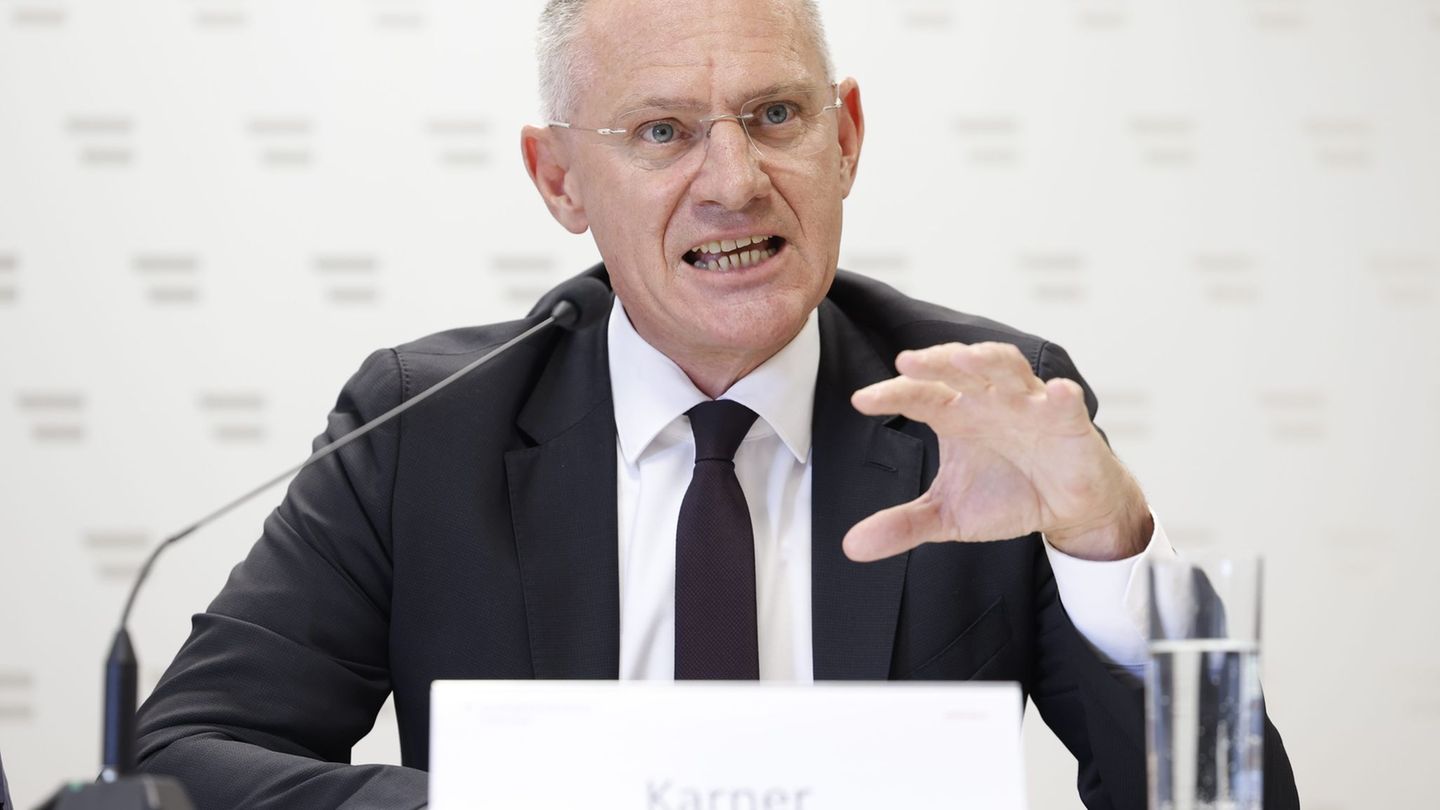After a long struggle, the European regulations on artificial intelligence are coming into force. One thing is clear to Wissing: “Startups do not primarily want to employ lawyers.”
Federal Digital Minister Volker Wissing (FDP) believes that the AI law, which came into force in August, is important – but some of the requirements go too far for him. “I would have liked to see more innovation-friendly regulation,” the FDP politician told the German Press Agency in Mainz. “But in the end, it has to be a compromise, which is better than no regulation.” Now, the focus in Germany is on implementing it with as little bureaucracy as possible.
“This will be very important because those who are involved in the development and use of AI have a certain amount of concern,” said Wissing. “Startups don’t essentially want to employ lawyers. They want to deal with the development of their technologies.” There is a need for rules that are easy to implement. “If the end result is that as an AI developer in Europe you never know exactly whether you are on the safe side legally, the location will be avoided.”
Wissing for lean and user-oriented supervision
After the AI law comes into force, EU member states will have two years to implement the requirements in national law. The regulations provide for AI applications to be classified into different risk groups. Systems that are considered particularly risky must meet strict requirements. AI applications that violate EU values will be banned entirely. This includes the evaluation of social behavior (“social scoring”). In China, this is used to classify citizens into behavioral categories.
The EU’s AI regulation also requires member states to appoint a national AI supervisor within twelve months of its entry into force to monitor compliance with the rules. “Supervision must be lean and user-oriented. We are therefore focusing on strengthening established and well-known supervisory and market surveillance structures,” said Wissing.
AI should be trustworthy
Users and developers of artificial intelligence in this country must receive professional support. The federal initiative Mission AI should ensure this. The new AI center in Kaiserslautern and the planned one in Berlin offer advice. This is especially important for medium-sized companies, which, unlike large companies, cannot simply set up their own IT department or buy expertise on the market.
“I would like to see trustworthy AI as a branded product from Europe,” said Wissing. People must always be the focus. “Regulation must also be aligned in this way.”
Source: Stern




